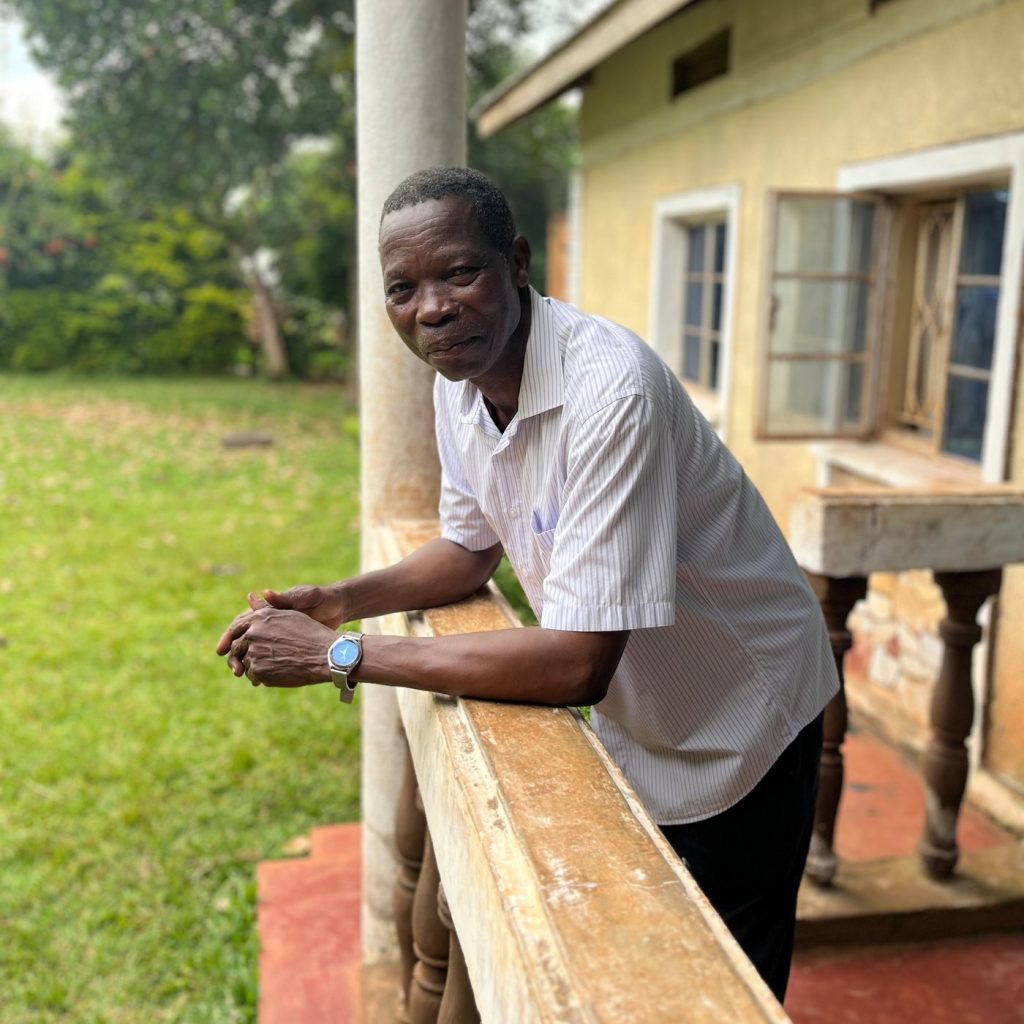NABUMALI, Uganda (AP) — Moses Kutoi, a clan leader in Uganda, is addressing a rising issue: paternity disputes among families. Many men are troubled by the question of why some of their children do not resemble them. This topic is typically deemed taboo, often avoided in discussions, yet Kutoi feels compelled to mediate against the backdrop of escalating tensions in marriages, which sometimes lead to violence.
With the increased availability of DNA testing in Uganda, paternity has emerged as a significant concern. Reports of high-profile individuals discovering they are not biological fathers have fueled public interest. During a Christmas Day service last year, Anglican Archbishop Stephen Kaziimba highlighted this matter, referencing the virgin birth of Jesus to encourage faithfulness and discourage reliance on DNA tests.
The Ministry of Internal Affairs has noted a notable rise in men seeking voluntary DNA tests, with about 95% of the applicants being men. Alarmingly, over 98% of the results indicate that these men are not the biological fathers of the children in question. Simon Peter Mundeyi, a spokesperson for the Ministry, cautioned that many who pursue DNA testing are often unprepared for the distressing outcomes.
In Nabumali, a small town where Kutoi serves as the mayor, the cost of DNA testing—over $200—renders it unaffordable for most families. Couples seeking Kutoi’s help typically arrive at a breaking point in their relationship, and he employs humor and personal anecdotes to ease their tension. Kutoi often shares his own experience, emphasizing that despite not resembling his father, he was still chosen as the family heir, which exemplifies the traditional beliefs of the Bagisu people.
Historically, openly expressing paternity doubts was met with social punishment. Community elders intervened, enforcing fines or other consequences to discourage such discussions. Kutoi indicated that in traditional African society, once a child is born into a family, that child is considered part of that family, irrespective of biological connections.
Paternity issues are becoming intertwined with inheritance disputes, especially after the death of a family patriarch or during divorce proceedings, as seen in a recent case involving a wealthy academic in Kampala. The Rev. Robert Wantsala has witnessed various paternity disagreements in his ministry, highlighting the complexity of these familial bonds in contemporary Ugandan society.
Other religious leaders, such as Andrew Mutengu from Mbale, are also involved in mediating paternity disputes, often navigating the emotional turmoil arising from these issues. Mutengu recounted a case involving a woman and her late husband’s alleged son, ultimately helping to resolve a public assertion by a former boyfriend claiming paternity over her daughter.
In light of these challenges, faith leaders encourage families to find strength in unity and divine guidance. Both Kaziimba and Wantsala propose that the focus should remain on raising children within families, regardless of the doubts concerning biological paternity.
As Kutoi humorously questioned the physical similarities with his son, it serves as a poignant reminder of the ongoing struggles surrounding paternity in Uganda. The interplay between traditional beliefs and modern advancements in paternity testing presents a complex social landscape that many families are currently navigating.











